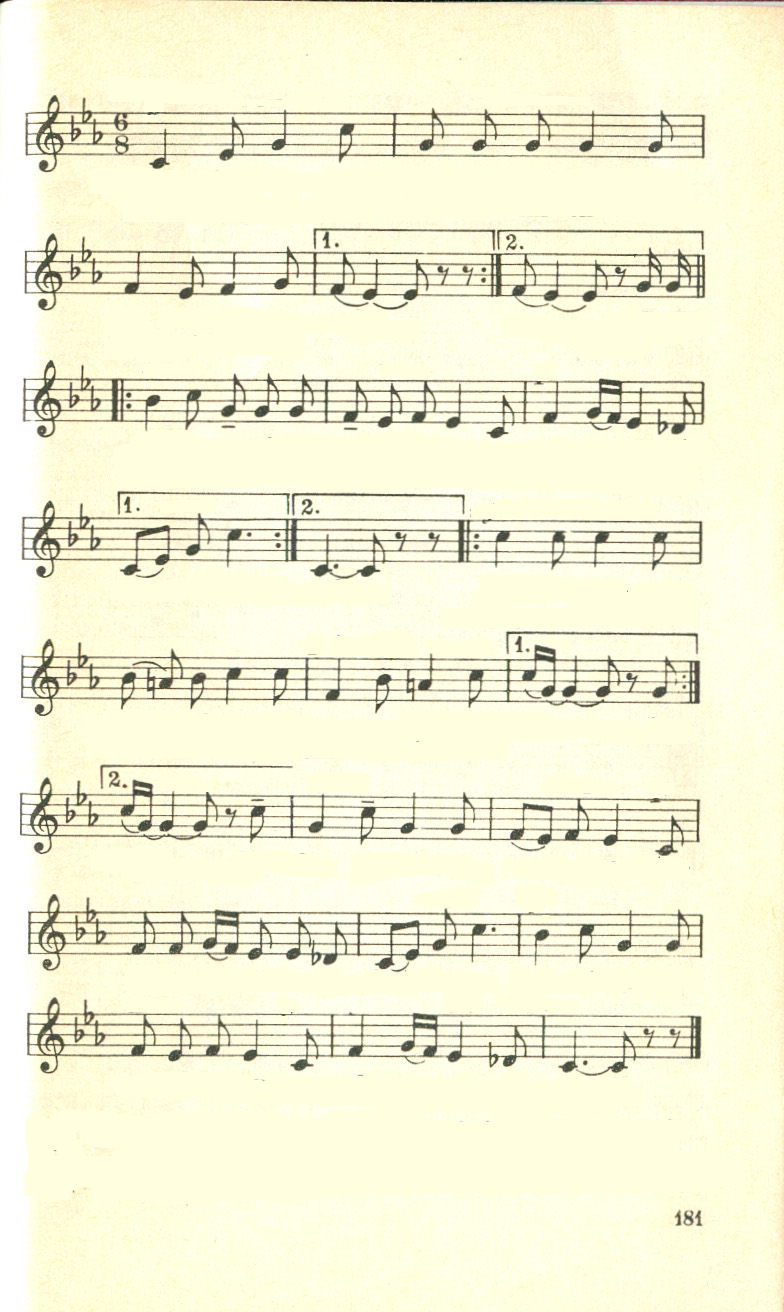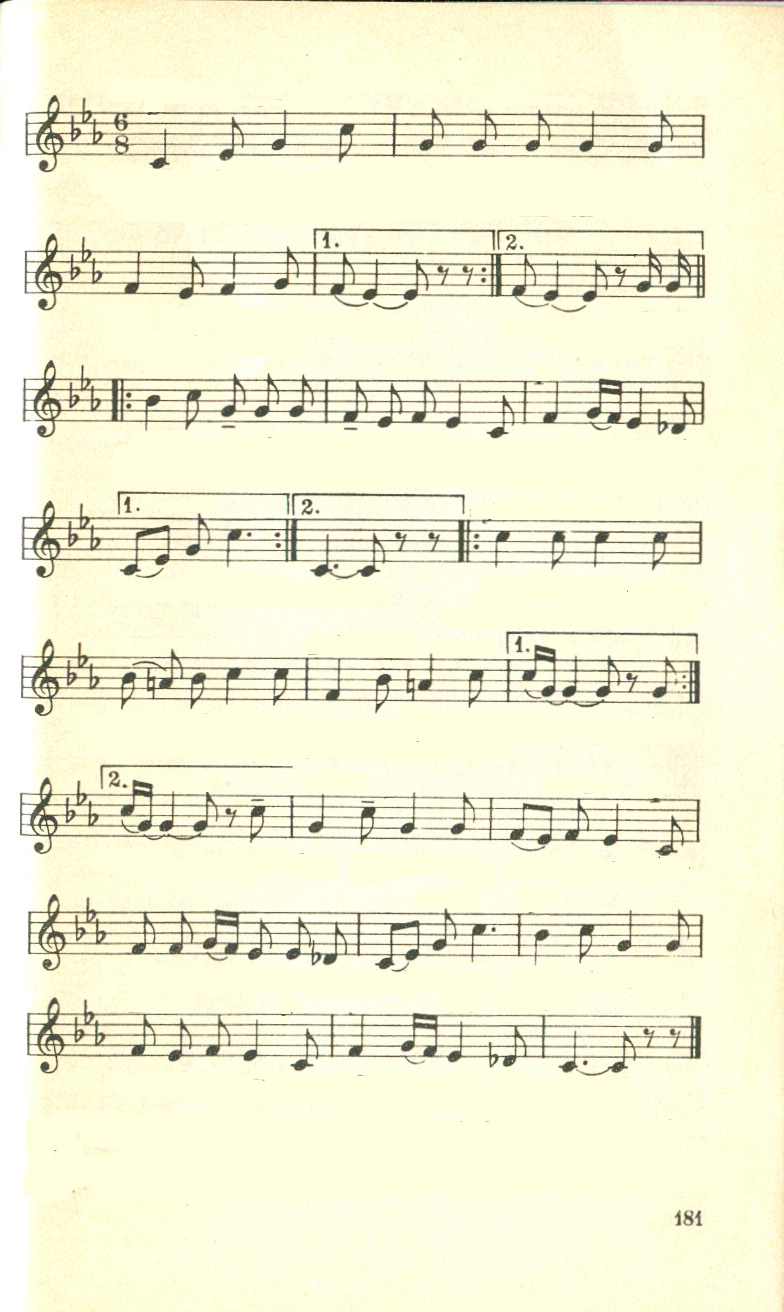*The notes sample is taken from the collection 'Shirei Eretz Yisrael' of Jacob Schoenberg, where the melody appears in the song Shehav Beni, Shehav Bimenuha, with lyrics by Emanuel Harusi.
As clay in the hand of the potter,
Who expands or contracts it at will,
So are we in thy hand, gracious God;
Heed thy pact, heed not the accuser.
As stone in the hand of the mason,
Who preserves or smashes it at will,
So are we in thy hand, Source of life,
Heed thy pact, heed not the accuser.
As iron in the hand of the welder,
Who welds or detaches it at will,
So are we in thy hand, Sustainer;
Heed thy pact, heed not the accuser.
As helm in the hand of the seaman,
Who handles or abandons it at will,
So are we in thy hand, gracious God;
Heed thy pact, heed not the accuser.
As glass in the hand of the glazier,
Who shapes it or dissolves it at will,
So are we in thy hand, great Forgiver;
Heed thy pact, heed not the accuser.
As cloth in the hand of the draper,
Who drapes it even or uneven at will,
So are we in thy hand, O stern God;
Heed thy pact, heed not the accuser.
As silver in the hand of the smith,
Who makes it pure or impure at will,
So are we in thy hand, healing God;
Heed thy pact, heed not the accuser.
The English translation is taken from Philip Birnbaum's High Holiday Prayer Book (NY: Hebrew Publishing Company, 1951).
This piyyut is a part of the Selichot prayers which are said on Yom Kippur eve in the Ashkenazi nusach. The poet uses a metaphor comparing the people of Israel to clay and the Lord to a pottery maker with clay in his hands to use as he wishes. The poet goes on to count other artisans who use different materials as they wish. Thus, through different metaphors, the poet expresses the overwhelming feeling of helplessness of man, who is always in the hands of the Lord. Comfort and hope come in the refrain: 'Labrit habet, ve'al tefen layetzer', in which the poet conveys the hope that the Lord will take into consideration his promise to forgive Israel thanks to the 'thirteen midot' (measures of mercy), and ignore mans' 'yetzer hara' (evil inclination). The piyyut is used as a long introduction to the recitation of the 'thirteen midot' by the cantor and the congregation.
The explanation was taken from 'Invitation to Piyut' website © all rights reserved.
A few remarks by Prof. Eliyahu Schleifer were taken into consideration in the explanation.





